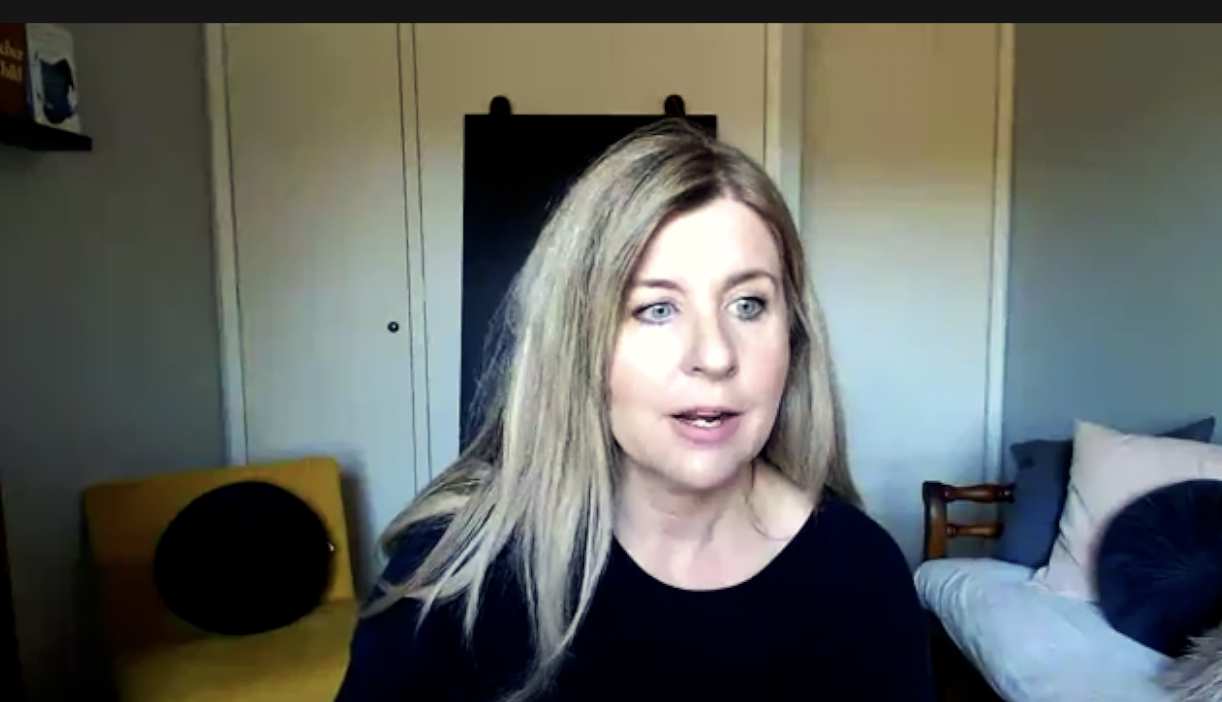We covered a lot of ground in our Facebook Live. Here is the link to the replay on Facebook in case you missed it, with time notes so you can skip to the bits you want.
Just in case you want to skip a bit …
01:10 The ‘fight’ part of anxiety – tantrums, aggression, big feelings – why it happens and what to do.
04:20 Big feelings are a call for us to come closer (even when they don’t feel that way).
06:00 Why ‘little’ things can tip them over the edge, and how to respond.
09:25 When their anxiety triggers ours – when we fight with them instead of for them – why, and what to do.
10:50 The good news about self-regulation.
16:05 How to manage transitions.
18:10 Squabbling with your teen? This might help.
18:50 The opportunities that sit inside anxiety/anger/big feelings.
20:04 Adolescents, big feelings, regulation – what they need from us.
22:50 When big anxiety looks like big fight.
24:54 How it helps to ‘meet the energy with similar energy, but not similar anger’.
29:10 How mindfulness supports a long term strengthening of the brain against anxiety.
32:00 Dealing with other stressors on top of social isolation.
33:35 How to expand the capacity to cope with anxiety and stress.
35:15 When kids won’t talk about it.
35:25 Why some kids might be regressing at the moment (clinginess, asking for help when they haven’t needed it before).
40:00 Routines – how they help (and it’s okay if some slip).
42:17 Why does my teen hear me as ‘angry’ when I’m not?
46:37 How do we role model strength and calm when we’re feeling anxious ourselves?
49:50 Sleep – strategies to help with peaceful pillow time.
1:03:02 ‘Only children’ in social isolation.
1:05:31 Dealing with sibling squabbles
1:08:28 Social media and screen time.



Only today I have found this wonderful video! Thank you so very, very much! I have been following you for a few years now (newsletter) and I have to say, that you are really looking after me! Both my husband and daughter have anxiety (ADHD spectrum) and so often I am so tired of arguments, shouting, and fragile egos… However, reading your letters always brings me a perspective, explanation, and compassion. Thank you very much for doing that, for all your work and connection.